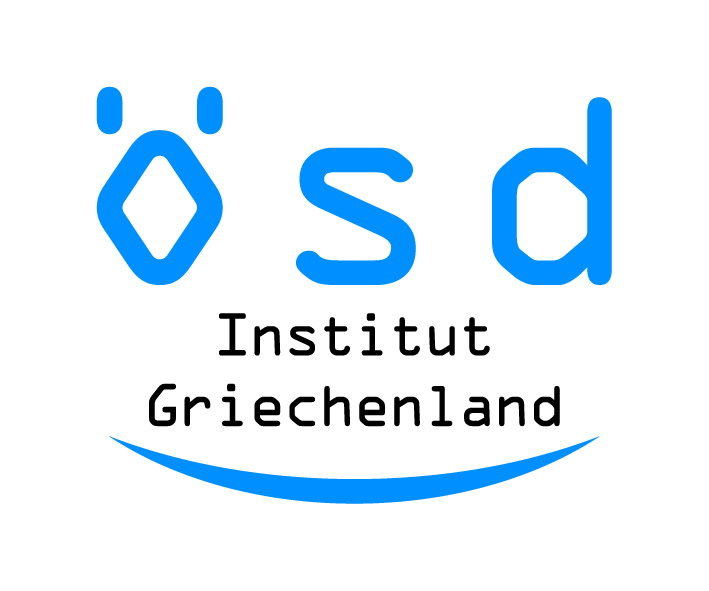Training: “Memories that Shape Paths – Education for Inclusion through Cultural Heritage”

School Life and Education Museum is organizing a two-day training workshop as part of the European Erasmus+ project ALZ-Q: Training facilitators in small local heritage institutions to make them safe places for adults with early-onset Alzheimer’s disease (2024-1-NL01-KA220-ADU-000253660).
The training workshop, titled “Memories that Shape Paths,” focuses on the role of cultural heritage, museums, and creative practices as tools for empowerment, inclusion, and support for individuals with Alzheimer’s disease.
Thursday, May 29, 2025 | 17:00–20:00 | In-person session
Venue: School Life and Education Museum (17 Agias Filotheis St., Athens, 10556)
-
Museums and Culture as Tools for Mental Empowerment
Evangelia Kantartzi, Director School Life and Education Museum -
Dementia-Friendly Cultural Spaces
Meropi Kalymniou, Psychologist BSc, MA, Alzheimer Athens -
Moving with Understanding: Exploring Laban Principles in Engaging with Individuals Affected by Alzheimer’s
Ana Paula Alves, PhD in Child Studies / Supervision and Pedagogical Orientation, Education Department, Universidade Fernando Pessoa
Friday, May 30, 2025 | 17:00–20:00 | Online via Zoom
-
Museums and Culture as Tools for Mental Empowerment
Evangelia Kantartzi, Director School Life and Education Museum -
Animal-Assisted Therapy: The Potential of Its Application in Dementia-Oriented Interventions
Eugenia Karazioti, Special Education Teacher, MSc in Psychopedagogy (Aristotle University of Thessaloniki), Animal Therapist -
Memory Boxes and Personal Stories as Tools for Enhancing Memory in People with Dementia
Niki Kantzou, Kindergarten Teacher – Author -
Designing Educational Activities for Older Adults: “Nature Imitates Art” – An Educational Program at the National Gallery
Xanthoula Danavara, Museologist – Tour Coordinator at the Museum of Wheat/Melissa Kikizas
Participation is free of charge.
Seats are limited and will be allocated on priority order.
Certificates of attendance will be provided.
Register by filling out the form here.
For more information: +30 210 3250341 | info@ekedisy.gr




















.jpg)